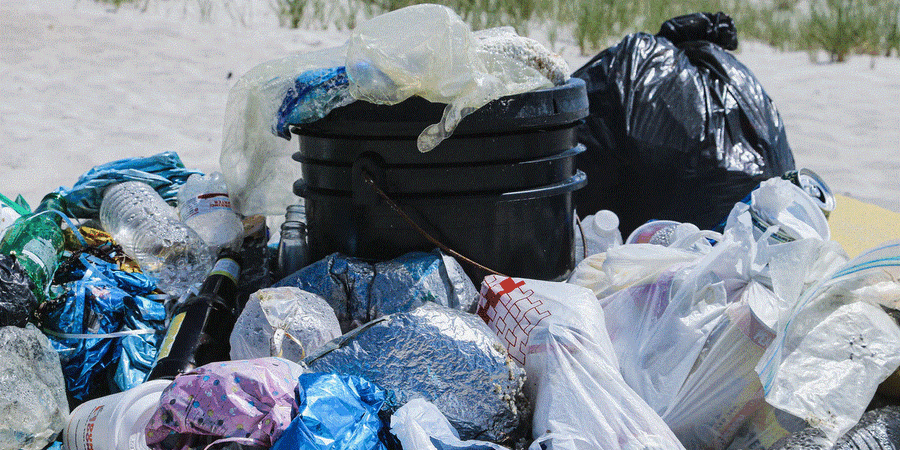Philadelphia, PA
—Delaware has banned plastic bags back in 2021. The ban prohibits stores from distributing single-use plastic bags across the state.
Delaware's Progressive Stance on Plastic: A Ban for a Cleaner Future
Delaware has taken significant strides toward a more sustainable future by implementing a comprehensive ban on single-use plastic bags. This initiative, which took effect in stages, aims to reduce plastic waste, protect the environment, and encourage reusable alternatives.
The initial phase of the ban, implemented in January 2021, targeted large retailers with a square footage of 7,000 square feet or more or those with three or more locations exceeding 3,000 square feet. These retailers were prohibited from providing thin plastic carryout bags at checkout.
The ban expanded in July 2022 to include all retail stores, regardless of size. It prohibits the use of any type of plastic film bags at checkout, including thicker plastic bags often used for heavier items. Instead, retailers must provide customers with access to reusable bags, typically made of cloth or other durable materials.
The Benefits of Delaware's Plastic Bag Ban:
Reduced Litter: Plastic bags are a significant source of litter, often ending up in waterways, parks, and roadways. The ban aims to reduce this unsightly and harmful pollution significantly.
Environmental Protection: Plastic bags take hundreds of years to decompose, threatening wildlife and ecosystems. Delaware is taking a step towards protecting its natural environment by reducing plastic bag usage.
Increased Recycling: The ban encourages reusable bags, which can be used multiple times, reducing the need for new bags and promoting a more sustainable lifestyle.
Improved Recycling Processes: Plastic bags can clog recycling machinery and contaminate other recyclables. By removing them from the waste stream, the ban helps to improve recycling processes and increase the efficiency of recycling facilities.
Exceptions and Alternatives:
While the ban applies to most retail stores, a few exceptions exist. For example, plastic bags are still allowed for certain products, like produce, meat, and seafood, to maintain hygiene and prevent contamination.
Retailers are encouraged to sell reusable bags or provide paper bags as an alternative. Many stores now charge a small fee for paper bags to further encourage the use of reusable options.
Public Reception:
The plastic bag ban has been met with widespread support from environmental groups and citizens who recognize the importance of reducing plastic waste. While some retailers and consumers have expressed concerns about the ban's inconvenience, the overall response has been positive, with many embracing the opportunity to adopt more sustainable practices.
Delaware's plastic bag ban is a significant step towards a cleaner, greener future. By reducing plastic waste and encouraging reusable alternatives, the state sets an example for others to follow and contributes to a healthier planet for future generations.
Share This Article on Social Media
Joy Franklin
Food and Event Writer
My joy is aimed at food and foodie lovers. I enjoy covering trends, issues, and all things Philly.


